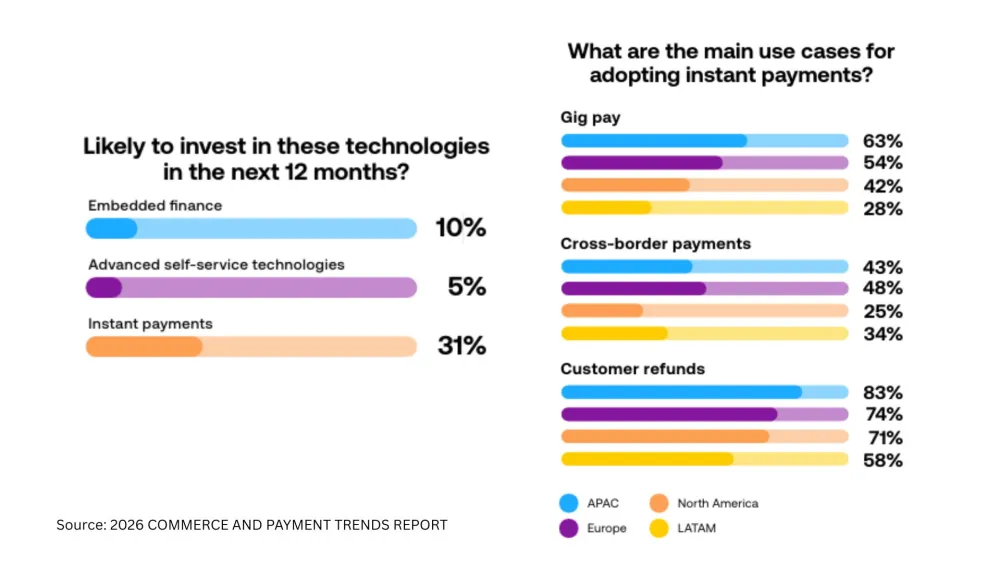
Hybrid issuance of Asia-Pacific banks to be spurred by stricter capital rules
But challenges are looming.
As major Asia-Pacific countries have implemented Basel III capital reforms in 2013 as planned, and more banks are expected to tap the global market and issue Basel III-compliant hybrid securities, banks are expected to issue such securities with the aim of enhancing their capital ratios and optimizing their capital structure.
According to a release from Standard & Poor's Ratings Services, however, there could be a gap between demand and supply for securities issued by banks in emerging countries.
"Major economies in Asia-Pacific have smoothly adapted to the new capital rules under Basel III, and some countries, including China, Australia, Singapore, and India, have applied more stringent requirements than those that the Basel Committee on Banking Supervision recommends," said Standard & Poor's credit analyst Naoko Nemoto.
"The minimum capital requirement will be raised in phases during 2013-2019. As most rated banks' Common Tier 1 capital ratios are already sufficient in the 8%-14% range, we expect them to be able to comply with the new capital requirements without significant difficulty."
However, Standard & Poor's expects banks to come under stronger pressure to keep higher capital ratios than the regulatory requirements in the next few years.
Here's more from Standard & Poor's Ratings Services:
Some countries' regulators may opt for more stringent guidelines than those of the Basel Committee.
Banks in emerging economies such as China and India may constantly need to replenish capital to support asset growth.
Both systems have implemented more stringent guidelines for minimum capital ratios than the global standards.
Based on certain assumptions, we estimate that the total capital shortfall of both banking systems could reach about US$136 billion in 2019.
For banks in saturated markets, including Japan, Korea, and Taiwan, low profitability could limit significant improvement in their capital ratios.
In our view, tougher capital rules will spur banks to enhance capitalization and protect them from risks associated with excess credit growth and asset inflation.
On the other hand, higher capital charges could potentially constrain lending capacity and economic growth unless banks are sufficiently capitalized or well positioned to raise new capital through securities issuance.



















 Advertise
Advertise











